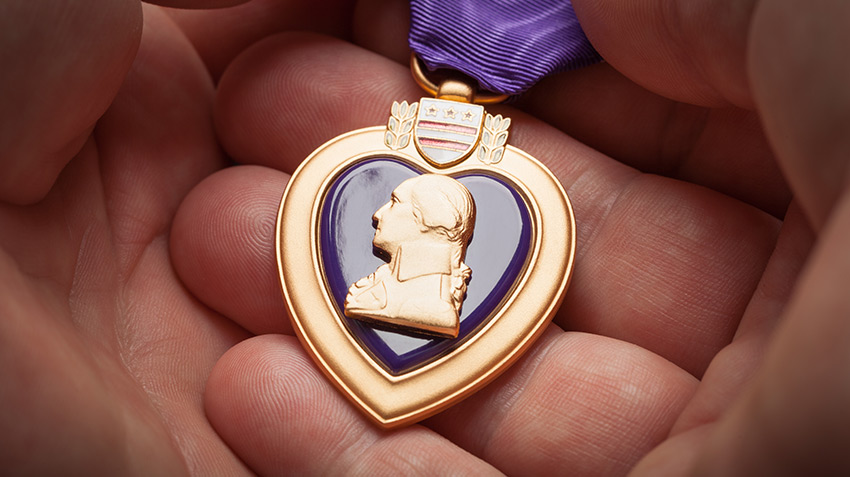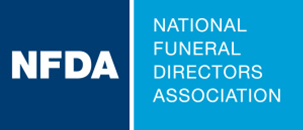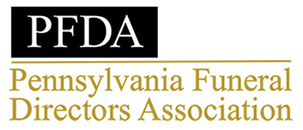
Losing a loved one, particularly someone who has served in the military, is a challenging experience.
Military funerals provide a way to honor and remember the service and sacrifice of these brave individuals. One of the key components of military funerals is the inclusion of military funeral prayers, which offer comfort, dignity, and respect during an emotionally challenging time.
Let’s explore the significance of funeral prayers, the various prayers commonly used, and how families can personalize the service to reflect the unique life and service of their loved one.
1. The Role of Military Funeral Prayers in the U.S.
Funeral prayers for veterans are an essential aspect of the military funeral ceremony, offering both spiritual and emotional support to the bereaved family and funeral attendees. These prayers honor the service and sacrifice of the deceased, acknowledging the bravery and dedication they exhibited during their time in the military. By offering prayers, attendees are reminded of the values that service members upheld, such as duty, honor, and country.
The importance of funeral prayers extends beyond honoring the deceased; they also provide comfort to the grieving family and friends. Whether religious or non-religious, these prayers help offer peace and solace during a time of profound loss. Even when a military funeral is non-denominational, the presence of prayer still serves as a meaningful ritual of respect.
2. Who Leads Military Funeral Prayers?
When it comes to leading funeral prayers, there are several possibilities depending on the family’s preferences and the type of ceremony.
Military Chaplains are the primary individuals responsible for conducting prayers at military funerals. They are specially trained to accommodate the needs of service members from all faiths, ensuring that the prayers align with the family’s religious or spiritual beliefs. These chaplains guide the ceremony and provide the necessary comfort to mourners.
In some cases, family members or civilian clergy may lead the prayers. Families may wish to have someone familiar, such as a pastor, rabbi, or priest, conduct the prayers. The choice of an officiant is entirely up to the family, and their wishes are always respected.
Also, Veterans Affairs (VA) Chaplains are available for those who may not have a designated clergy member or prefer assistance. These chaplains can help guide the family through the process of prayer and ensure that it is meaningful to them.
3. Common Prayers Used in U.S. Military Funerals
Several prayers are commonly used during military funerals, depending on the religious or spiritual background of the deceased and their family. Below are some examples:
- Christian prayers: Common Christian prayers include Psalm 23 and The Lord’s Prayer, both of which offer words of comfort and hope.
- Jewish prayers: For Jewish service members, prayers such as El Malei Rachamim (a prayer for the souls of the deceased) and Kaddish (a prayer of mourning) are typically included.
- Muslim prayers: Janazah is the Islamic funeral prayer, which is said to ask for mercy and forgiveness for the deceased.
- Interfaith or non-denominational prayers: The Soldier’s Prayer and The Navy Hymn are often used in military funerals to honor the deceased without adhering to a specific faith. Additionally, families may choose to include personalized reflections, such as poems, military oaths, or tributes written by the family.
Funeral prayers are tailored to reflect the life, beliefs, and values of the deceased, ensuring that they are honored in a way that is both meaningful and respectful.
4. How Prayers are Incorporated Into Military Funeral Honors
Funeral prayers are an integral part of the service and are incorporated into specific parts of the ceremony to ensure that they are both poignant and respectful.
- At the funeral service: Opening prayers set the tone for the service, providing solace for the family and reminding attendees of the dignity of the ceremony. Closing prayers and reflections, such as benedictions, offer peace as the ceremony concludes.
- During the folding and presentation of the flag: The U.S. flag is folded as a symbol of respect and sacrifice. During this time, funeral prayers may be offered as words of comfort are spoken to the family, acknowledging the loss and honoring the deceased.
- Before or after the playing of “Taps”: Taps is a haunting and beautiful bugle call often played during military funerals. A moment of silence or a spoken prayer may follow the performance, allowing those present to reflect on the service and sacrifice of the deceased.
- At the gravesite: The committal service takes place at the gravesite, where final blessings and funeral prayers are offered. This is a significant moment when the deceased is laid to rest, and prayers are said for their eternal peace.
5. Personalizing Funeral Prayers
Personalization is an important aspect of funeral prayers. While there are traditional prayers that are widely used, families have the option to request specific prayers or incorporate religious elements that were important to their loved ones. Some families choose to include personal stories, reflections, or even poems that were meaningful to the deceased.
For those who were not religious but served with great honor, families can opt for interfaith or non-denominational prayers that focus on the values of service and sacrifice. By personalizing the funeral prayers, families can ensure that the ceremony reflects the individual’s character, beliefs, and life’s work.
6. Military Funeral Prayer Etiquette in the U.S.
Respectful participation during funeral prayers is important. Here are a few guidelines to follow:
- Who leads or participates in prayers: The officiant, whether a chaplain or civilian clergy member, will lead the prayers. Family members and friends may be invited to join in, depending on the family’s wishes.
- Standing, silence, and respectful observance: During prayers, attendees are expected to stand, observe moments of silence, and listen with respect.
- Adhering to the wishes of the deceased and their family: It’s important to follow the instructions provided by the deceased’s family, as the ceremony should be tailored to their preferences and beliefs.
7. Where to Find Funeral Prayers and Chaplains
If you are planning a military funeral and require a chaplain or prayer resources, there are several avenues available:
- The Department of Veterans Affairs (VA) offers resources for arranging military funeral services, including access to chaplains.
- Military branch chaplain services are available to assist with organizing prayers and ensuring the ceremony reflects the deceased’s faith and service.
- Local veterans’ organizations: Groups like the American Legion and the Veterans of Foreign Wars (VFW) can provide support in arranging funeral prayers and chaplain services.
Frequently Asked Questions
Below are some commonly asked questions to consider:
1. Can families request specific prayers at a military funeral?
Yes, families can request specific prayers, religious elements, or personal reflections to be included in the funeral service to make it more meaningful.
2. Are military funeral prayers only for religious service members?
No, military funeral prayers are available for religious and non-religious service members, with interfaith and non-denominational prayers being options for those who prefer them.
3. How can I arrange a military funeral prayer if there is no designated clergy member?
You can contact the Department of Veterans Affairs (VA) or your branch of service’s chaplaincy services to request assistance in arranging military funeral prayers.
Honor Veterans with Military Funeral Prayers
Funeral prayers offer a way to honor the memory of those who served with bravery and selflessness. Whether through religious or non-religious traditions, these prayers provide comfort and solace to the grieving family and loved ones. The involvement of chaplains, family members, and veterans’ organizations ensures that the prayers are meaningful, respectful, and personalized to the family’s wishes.
If you need help planning a funeral for a veteran, speak with a professional funeral service provider in Pittsburgh.



